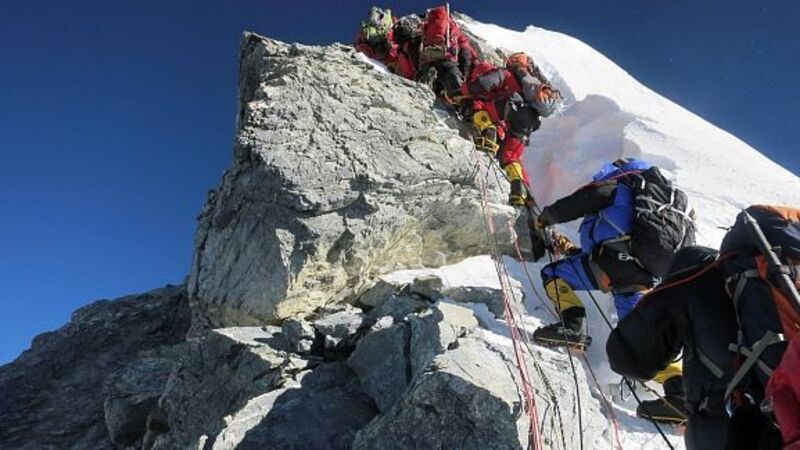Irish team forced to abandon Everest bid

In a statement, founder of Irish Seven Summits, Paul Devaney, said it was “with a heavy heart and a great deal of disappointment” that the expedition was scrapped last Friday with the members airlifted from Everest Base Camp.
It was just one of a number of expeditions cancelled following the unprecedented decision by Sherpa guides to withdraw their services, effectively shutting off Everest to climbers.













